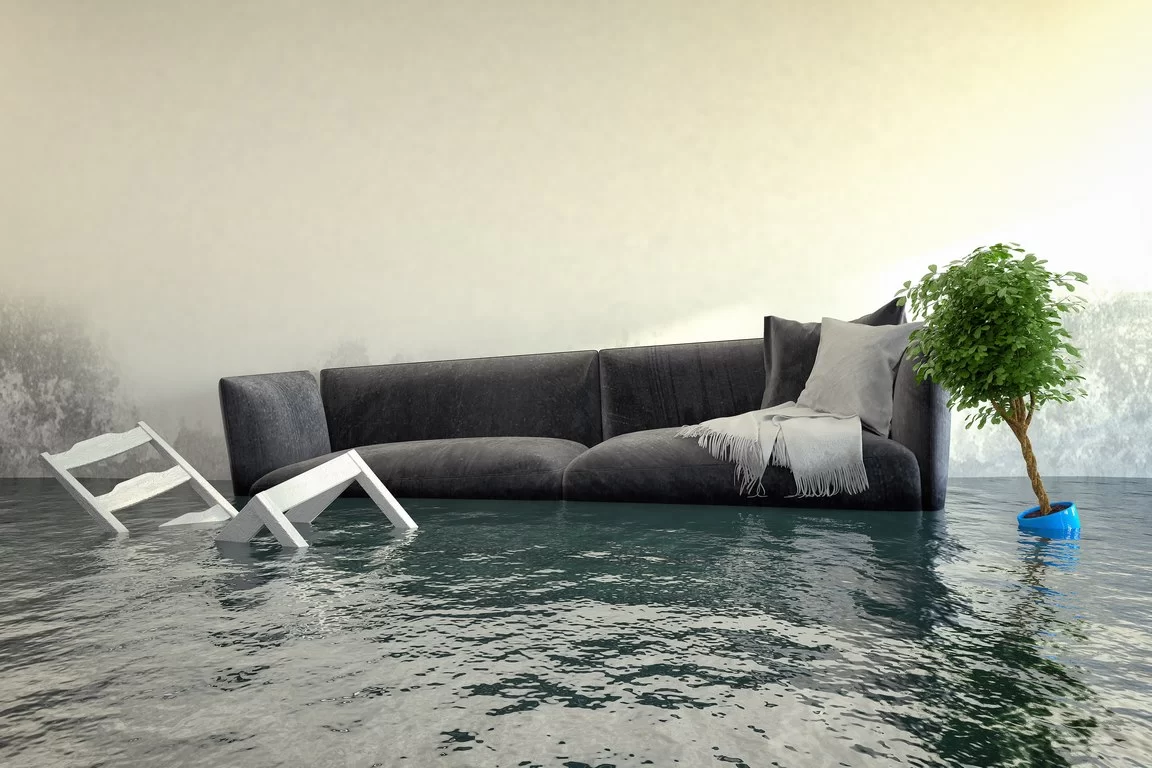Changing weather patterns due to global warming means that many households can cope with flooding. But what steps do you need to take in the worst-case scenario that your home becomes overrun with water?

This article assumes that you have got home insurance for water damage – if you haven’t already got home insurance for water damage – make this a priority!
Floodwater is unpredictable and dangerous. If you cannot move to the upper floors, evacuate the building. If you feel in danger, use your mobile phone to contact the emergency services. Your safety is the priority.
Water, gas, and electricity do not form a good combination. If you did not do this at the start of the disaster, immediately cut off the gas and electricity supplies in your accommodation.
Appliances made wet during the flood risk creating electric shocks or even starting fires, linked to short circuits if they remain plugged in or on. Also, be careful not to use any heating equipment or under any voltage.
Read Also:
Secondly, call on a professional electrician to ensure that there is no danger. This can come from different places that should be inspected and tested: electrical panels, power outlets, and electrical appliances (water heaters, etc.).
Do not turn on the power again unless a professional has inspected your installation.
Taking photos and videos of a scene of desolation in one’s home is, a priori, a reflex for no one, accentuating the pain.
However, this is one of the first things you will have to do, as the visual elements greatly help to prove the facts and support a claim for compensation from an insurance organization.
Also, check the clauses of your insurance contract to ensure that it covers your claim sufficiently. Finally, contact your insurer to report your claim and start the famous compensation claim procedure.
We also invite you to declare your damage to the town hall, as local authorities sometimes have specific compensation funds.
If water continues to flood your home from the outside, close and seal the openings (doors, windows, vents, basement windows, etc.) with rags, towels, or wooden planks to limit water ingress.
Raise or go upstairs fragile objects, medicines, foodstuffs, and essential papers (driver’s license, health record, identity card, passport, vital card, family record book, insurance contracts). Also, place toxic products high up to avoid any risk of spillage.
Save everything you can save, and don’t forget that “moving objects is more effective than preventing water from entering your home”, as Macif reminds us.
Although it is recommended not to modify the premises before the visit of the expert, bailing out the water and aerating are still possible actions.
These will make it possible, in particular, to begin to evacuate persistent humidity in the walls and floors and prevent mold proliferation.
Once the crisis has passed, several cleanings will undoubtedly be necessary to overcome the consequences of the disaster.
Equip yourself with protective clothing and go around your house to check the structure and measure the extent of the cleaning and work undertaken.
Since the risks of crumbling, subsidence, or hydrocarbon leaks are genuine, it is advisable to have a safety diagnosis carried out in your home.
If you are a homeowner, you bear the responsibility of starting the process of drying out and eventual repair/replacement.
If you are a tenant, your landlord should organize this process. Where an insurer is covering part or all of the cost, their loss adjuster will be the primary point of contact between you and the insurance company.
Although decisions relating to the claim are the sole responsibility of the insurance company, which will usually remain in touch with you or the landlord, it is the loss adjuster you will deal with regularly.
So do not book work until the insurer has agreed. You can start work immediately if you are not insured (and own the property).
If your property is predicted to flood again, it’s advisable to do the repair work in a way that will reduce future damage. You can do this by installing property flood resilience measures.
Your insurer may be prepared to fund all or part of the cost of that work. And there may be grant funding available to help meet the cost of these measures. These vary depending on the location of your home in the UK.
During flooding, gas, electrical, and water cuts are not unlikely. You may be entitled to compensation if these are prolonged (2 hours or longer) and occur without prior notice. Guidance on how much you may be entitled to and how to apply is available from the Citizens Advice Bureaux.